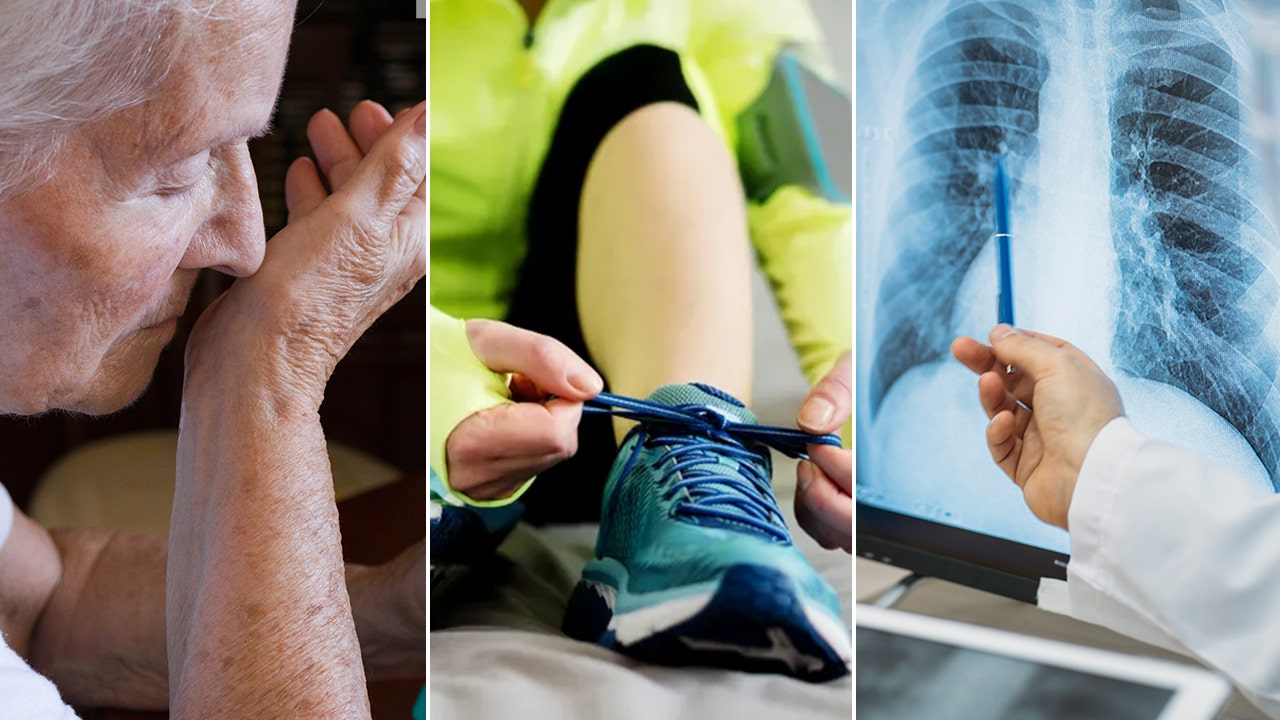It takes more than a pandemic to make good handwashing habits stick

Handwashing habits have likely taken a backseat as the COVID-19 pandemic has started to fade from the spotlight. Canadian microbiologist Jason Tetro, who is a strong advocate for proper hand hygiene, predicted this backslide as early as March 2020. Surveys on handwashing trends have shown that Tetro’s predictions were accurate.
According to Tetro, high-touch surfaces like door handles, shared office equipment, and cellphones still pose a risk for microbial contamination. Despite this, many people have chosen to neglect handwashing or using sanitizer after touching these surfaces because they believe the threat of COVID-19 has diminished.
Studies have shown that even before the pandemic, only about 51% of people in wealthy countries with access to handwashing facilities washed their hands with soap after potential fecal contact. A recent survey in the U.S. found that 48% of adults admitted to forgetting or choosing not to wash their hands at key moments.
Handwashing is crucial in preventing infectious diseases, with the National Foundation for Infectious Diseases stating that it can prevent 80% of such diseases. However, the emphasis on hand hygiene during the pandemic seems to have dwindled, with hand sanitizing stations often found empty.
A Canadian survey in 2021 reported that more than 90% of participants were washing their hands more frequently due to the pandemic. This increase in handwashing was also seen among health-care workers, although there was initially a decline in hand hygiene practices.
To combat this decline, The Ottawa Hospital’s Civic campus has implemented an innovative solution called AIMS (Artificially Intelligent Monitoring System). This system uses 3D imaging sensors to track handwashing among staff, leading to a sustained increase in hand hygiene compliance.
The AIMS system has been successful in decreasing hospital-acquired infections and outbreaks by more than 90% and increasing hand hygiene compliance by 41%. The technology will soon be adopted by other healthcare facilities while ensuring the privacy and anonymity of the individuals it monitors.
In conclusion, while the focus on hand hygiene may have diminished since the peak of the COVID-19 pandemic, it remains crucial in preventing the spread of infectious diseases. Implementing innovative solutions like AIMS can help reinforce the importance of handwashing and maintain high levels of hand hygiene compliance.




